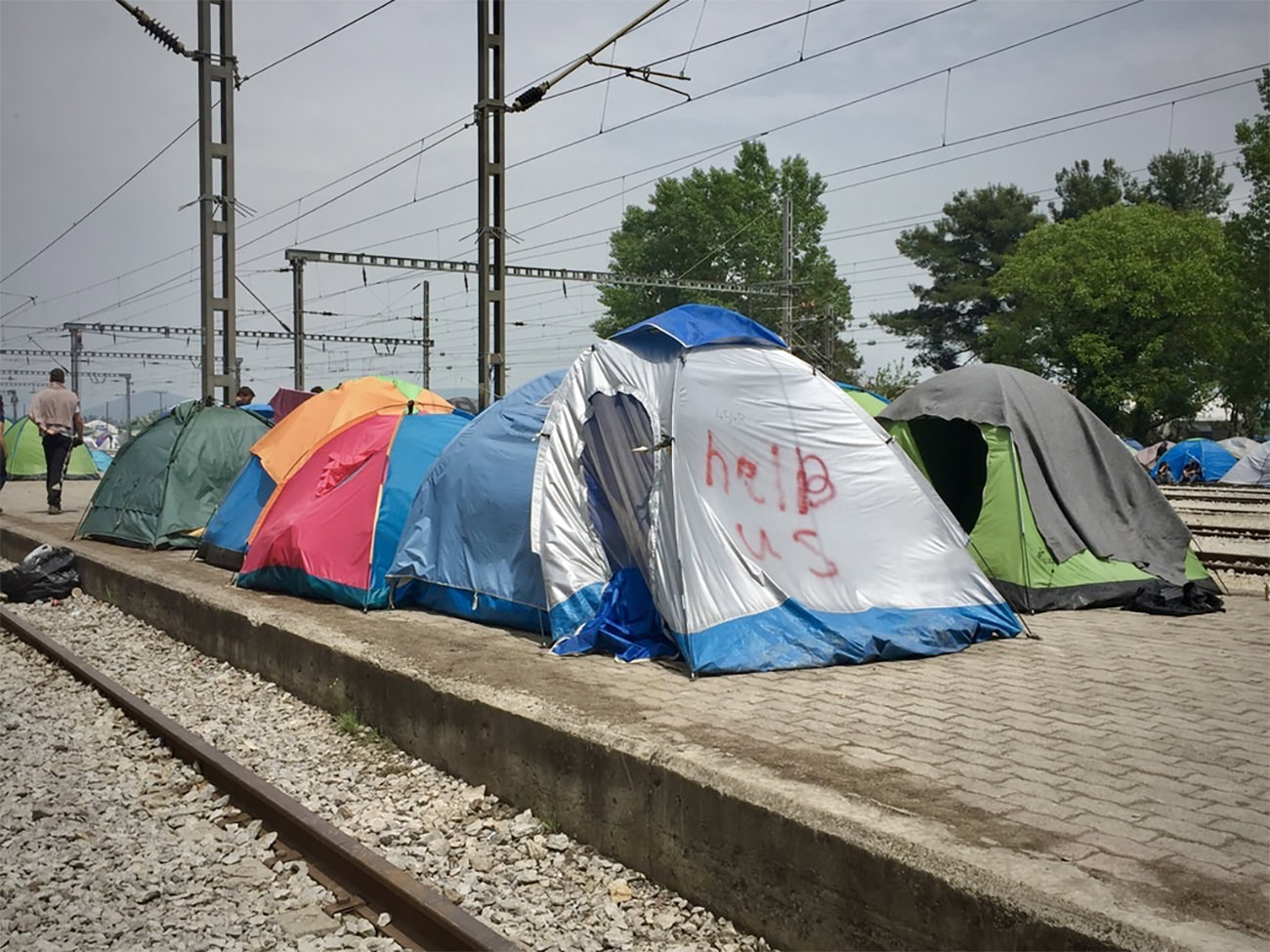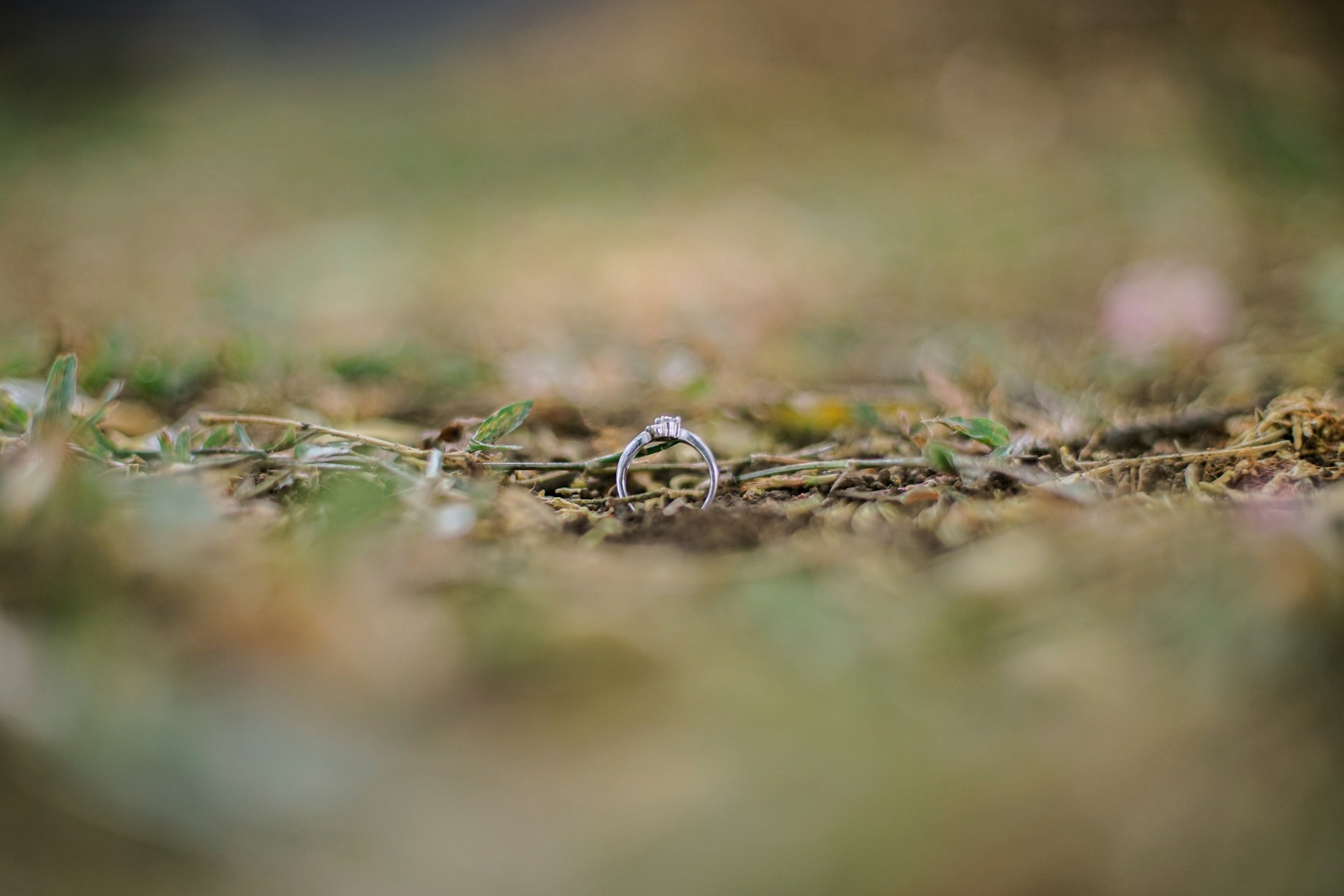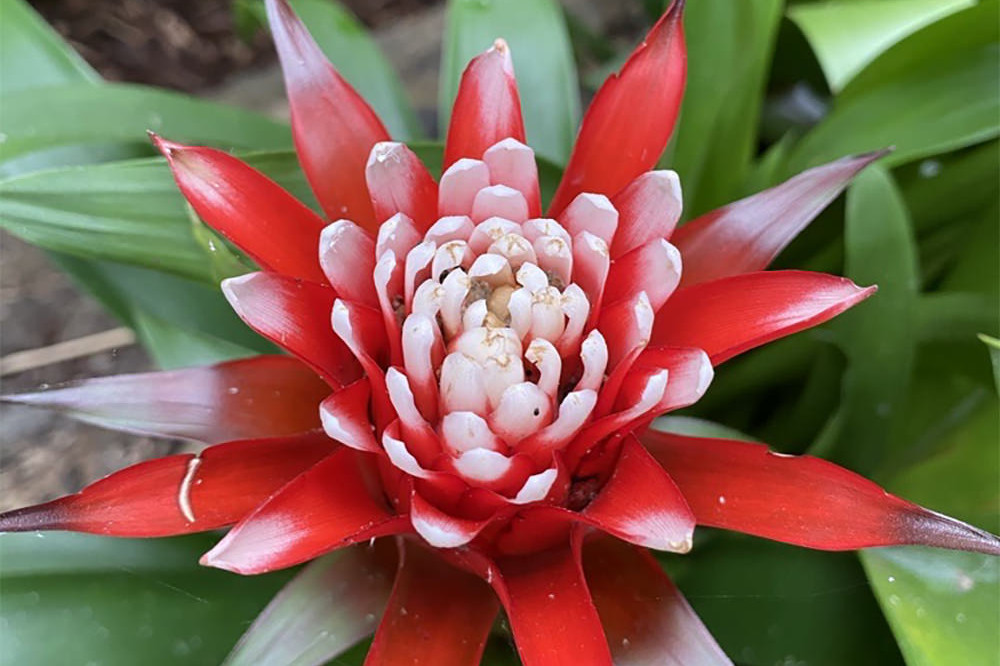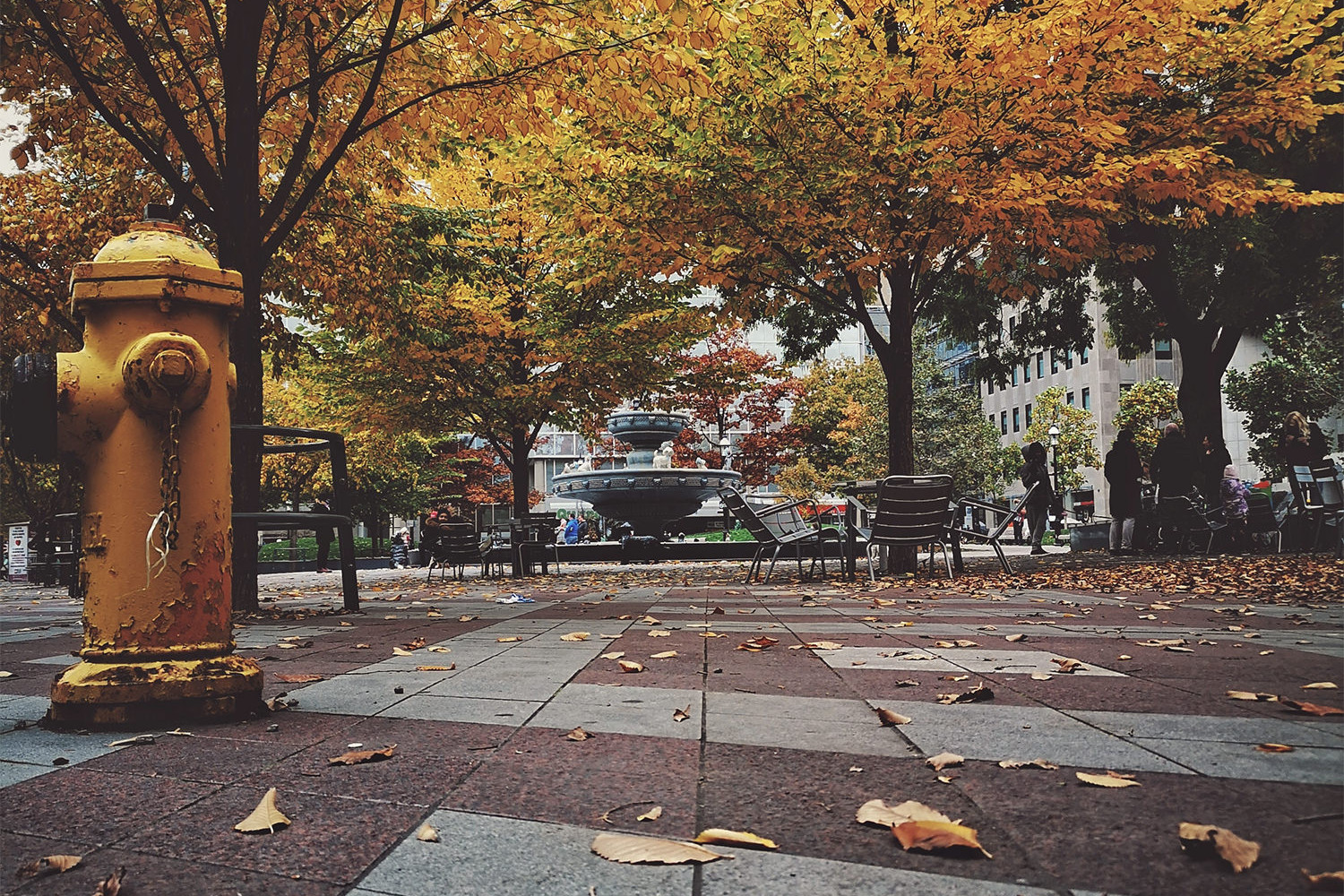In the Tent of a Refugee
For many years now, the Middle East has been on my heart. God is on the move here, and with the refugees He is creating a movement of peoples for His greater glory! This past month I have been privileged to not only witness, but to also play a part in that greater glory as we reached out to the refugees in Greece.
On this trip I met Syrians, Kurds, Iranians, Afghanis, Georgians, Nigerians, Kenyans, Sri Lankans, and a handful of other nationalities. But one Syrian Kurdish woman named Aria* stood out above all the rest. She had been bussed in to a church in Thessaloniki with many other refugees to attend the Sunday service.
Our team had been invited to pray with people and I was drawn to her. A large softball-sized lump protruded from her side, and I asked in broken Arabic if I could pray for healing. She allowed me to, but afterwards informed me with vigorous hand gestures that she believed in Mohammad and Allah; she was a strong Muslim. I smiled back. My God is not intimidated by this.
As we traveled the next day to the refugee camp in Idomeni, we were equipped with Arabic Bibles to hand out, but we were also strongly urged to use wisdom and be led by the Holy Spirit in knowing who to give them to. Our first priority was simply to shine the love and the light of Christ through our fellowship, our service, and our faces.
Here at the Idomeni camp, I again met Aria. This time, she invited my friend and I into her tent to meet all of her extended family and join them for tea. After a while, she pulled out a single white paper and handed it to me, the doctor’s diagnosis: cancer in her lymph nodes and spleen.
Instantly, my faith was challenged. I wanted to respond with prayer, but did I have faith for this? Do I pray for her again now that I know the diagnosis and how severe it is? I’ve prayed against cancer before, but somehow its different when you are face to face with the one who must suffer through that debilitating disease.
But in God’s eyes cancer is no more difficult than a deaf ear, or a leg that’s too short, and I’ve seen those healed. The scriptures say, “You do not have because you do not ask.” So I asked. Filled with overwhelming compassion for this precious woman, I explained in broken Arabic that I believed in a God who still heals today. And again she let me pray.
I didn’t see a miracle happen right then. But when I stood to leave later, I felt impressed to hug her and not let go. As I did, the Holy Spirit fell on her and she softened in my arms. Tears pooled on my shoulder. The door was cracking open and she at last was ready to receive. In Arabic, I whispered the words over and over, “Jesus loves you, He loves you!” Still she clung to me. Then I heard her whisper back in my ear, “Benti,” ‘my daughter’.
I was overwhelmed. Family is the center point of all Arab culture. For her to call me daughter, a stranger she had only had two interactions with, is significant beyond words. I offered her an Arabic Bible, and she gratefully accepted it.
I don’t know if she was healed that day or not. The lump did not dissolve, but the hard walls inside of her did. As great as a physical healing would have been, I witnessed something far greater in that moment—the victory of a woman whose heart was now opening to receive the love of Jesus!
“And if I have all prophetic powers, and understand
all mysteries and all knowledge, and if I have all faith,
so as to remove mountains, but have not love,
I am nothing.”
*name changed
Related Posts
January 31, 2024
Lost Ring, Found Faith
Planning a wedding is stressful. But planning a covid wedding without family in…
September 5, 2021
Extraordinary Wonder
The garden of Eden was the place of the extraordinary, of wonder. What was lost…
September 17, 2017
Is Your Season Changing?
I love Fall. But then again, who doesn’t? Fall is one of those seasons were the…



